Find The Best Mortgage Rates in Niagara Falls, Ontario
5-year Fixed Rate
as of
01/29/2026
3.89%
High Ratio Mortgage
5-year Variable Rate
as of
01/29/2026
3.75%
Most Banks Current Prime Rate 4.95%
Get daily updated Canada mortgage lending rates from top lenders in Niagara Falls, Ontario.
Speak with licensed mortgage brokers to secure the best mortgage rates and lowest mortgage rates in Canada on your terms.

Not Just the Best Mortgage Rate
With over 20 years of experience in the mortgage industry, we’ve been dedicated to helping Canadians save on their mortgage borrowing costs. We’ve seen it all and know what it takes to secure the best deals for you!
Your financial situation is unique—it’s your shelter, your home. That’s why we work tirelessly, negotiating with dozens of lenders across Canada to find you the best mortgage rates tailored to your specific needs.
Our team of experienced mortgage brokers is specially trained to identify opportunities within your income, credit, and assets. We build a strong case to present to our network of trusted lenders, ensuring you get the most competitive home loan rates in Canada.
Whether you’re looking for mortgage brokering services, broker mortgage loans, or simply the best mortgage rates in Canada, we’re here to guide you every step of the way. Let us help you make the most of your mortgage journey!
A Mortgage Solution, for Every Situation
Banks, Credit unions and branchless mortgage lenders compete with your bank's business.
Working with rateshop.ca can get you lower rates than your bank, with the same features like a home equity line of credit or options like pre-payment privileges.
The Only Difference - You Save Thousands!
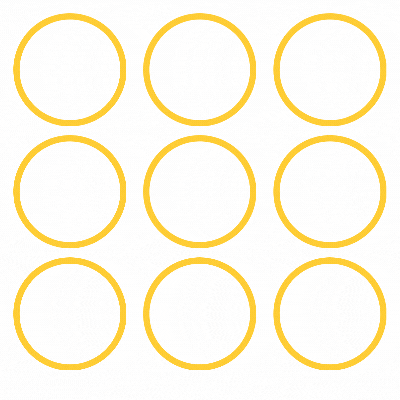
Mortgage Calculator
Easy to use home loan mortgage calculator
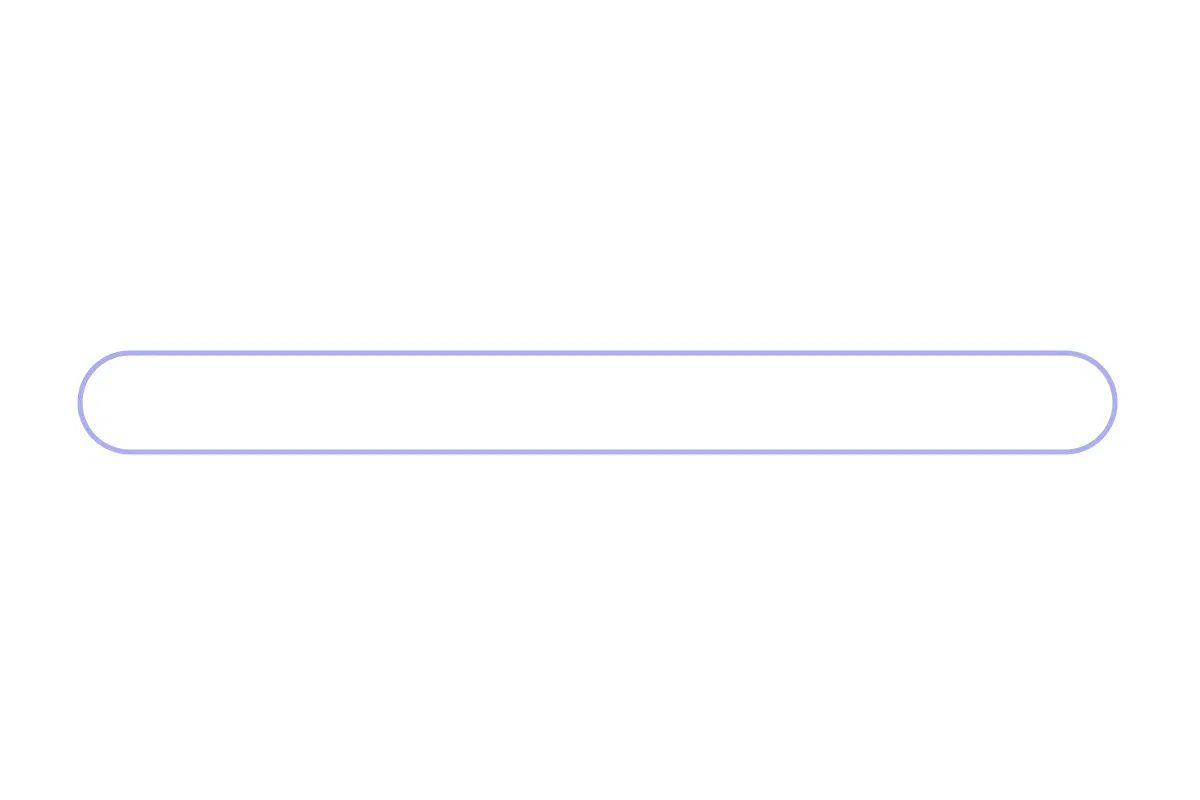
Access to Canada's Mortgage Lenders
When you work with RateShop Mortgage, you can access lower mortgage rates than what your bank offers, all while enjoying the same great features like a home equity line of credit or flexible options such as pre-payment privileges.
Our well-connected network of lenders allows us to monitor Canada mortgage lending rates regularly. But we go above and beyond—scouring the internet and collaborating with our lenders to secure better-than-average industry rates. This means deeper discounts and more savings for you.
At RateShop, Canadians gain unfiltered access to the best mortgage rates and home loan rates in Canada. With connections to over 65 mortgage lenders across all provinces, we ensure you get the most competitive mortgage brokering services and broker mortgage loans tailored to your needs.
Whether you’re working with a mortgage broker, exploring mortgage brokerage options, or seeking the expertise of mortgage brokers, RateShop is here to help you find the perfect solution for your home financing goals.

Our Mortgage Brokers in Niagara Falls
RateShop Mortgage Brokers specialize in delivering tailored mortgage solutions designed to help clients secure the best mortgage rates in Canada. With a deep understanding of local real estate trends, particularly in Niagara Falls, we leverage our expertise in Niagara Falls mortgage rates to provide the lowest mortgage rates for a variety of property types and financial situations. Whether you’re purchasing, refinancing, renewing, or exploring a home equity line of credit, we work closely with you to compare mortgage rates and lock in the most advantageous deals. Our in-depth knowledge of local lending programs and incentives ensures you maximize your financial benefits.
By tapping into a vast network of lenders, RateShop mortgage brokers help you save on mortgage costs, often securing better deals than major banks like TD, RBC, BMO, and CIBC. We compare Canada mortgage lending rates from over 65 lenders, including banks, credit unions, and monoline lenders, to find low mortgage rates and the best mortgage deals in Canada. This approach allows us to match your unique financial needs with the most competitive home loan rates in Canada, saving you thousands over the life of your mortgage.
Whether you’re working with a mortgage broker, exploring mortgage brokering services, or seeking brokered mortgage loans, RateShop is committed to helping you achieve your home financing goals. From best mortgage rates Niagara Falls Canada to Canada low mortgage rates, we’re here to guide you every step of the way.
#1 Voted Mortgage Calculators in Canada
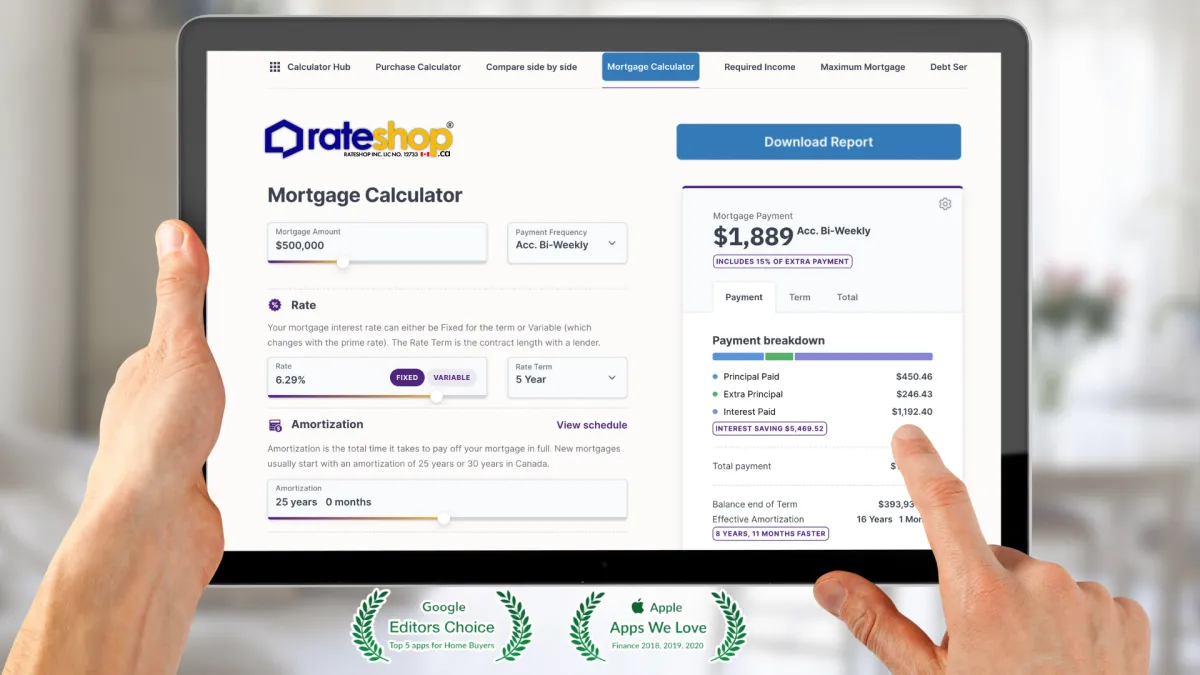
With 1600+ and Over $1 Billion Mortgages Funded, We are Trusted by Canadians
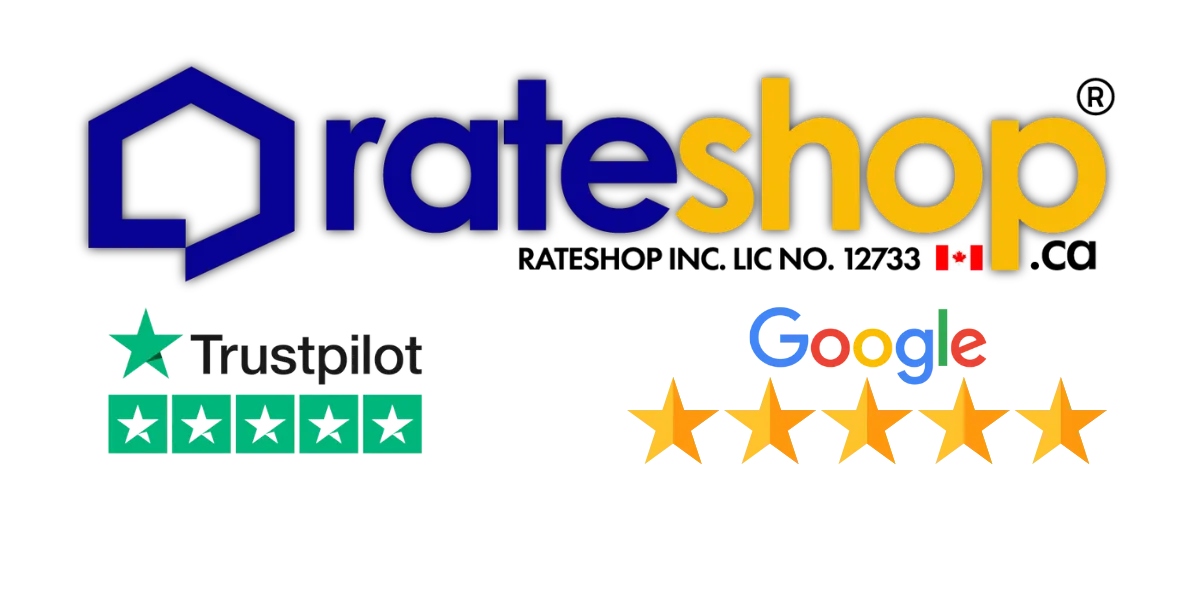
Get Pre-Approved with a mortgage rate hold for 180 days*
Before you Renew with Your Bank, Get a Rate Quote on your Mortgage

Finding the Right Mortgage
Don't lock in just because your neighbor did! Mortgage terms vary from 6 months all the way up to 10 years and you can choose based on your family financial needs. Are you selling soon? Or maybe you want to invest in 2 years. Maybe you want some flexibility, the choice is yours but make it an educated one when you talk to our commission-free mortgage advisors to help you decide on what offers the best mortgage rate and highest savings.
| Fixed Rates | Mortgage Expert Insights |
|---|---|
| 1 Year Fixed Rate |
Great solution for a short-term mortgage needs, renewals can be competitive but rates can go up at maturity without notice. Perfect for new builds to sell after a year or refinance for equity. |
| 2 Years Fixed Rate |
More flexible, a longer duration to support a family need for a couple of years or planning an exit from an existing mortgage without penalties. |
| 3 Years Variable Rate |
3 Year terms can sometimes deliver the best savings, but are typically suggested in a low rate environment, consider a variable too since upon maturity you may get stuck with a higher renewal. |
| 4 Years Fixed Rate |
Banks use this to gain your business, but if you are saving atleast 20-30bps, definitely consider a 4 year term mortgage, compare your savings on a 5 year mortgage term. |
| 5 Years Fixed Rate |
On average, households will upgrade or alter their mortgage about every 5 years, avoiding penalties upon maturity and best rate savings. |
| 5 Years Variable Rate |
Usually recommended in lower rate environments, beat the bank on mortgage penalties and optimize your savings compared to a fixed mortgage offer for the same term. |
Where is the Mortgage Market heading?
History can teach us a lot, check out Canada's mortgage rates history over the past 48 years. Bank of Canada tracks conventional mortgage rates for 3 year and 5 year terms. We can help with understanding the pros & cons to a fixed mortgage rate vs. a variable mortgage rate.

Explore Our Mortgage Options
With recent mortgage rate increases, Canadians are increasingly focused on finding flexible mortgage options that align with their financial goals.
At RateShop, we work closely with our clients to uncover mortgage savings by exploring a variety of offers from multiple lenders. While securing the best mortgage rates in Canada is important, it’s not the only factor in achieving long-term financial stability.
Our experienced mortgage brokers take the time to assess your unique needs, qualifications, and long-term financial goals. Whether you’re looking for home loan rates in Canada, broker mortgage loans, or the best mortgage deals in Canada, we’ll guide you toward the right solution.
By leveraging our expertise in mortgage brokering and access to Canada low mortgage rates, we ensure you get a mortgage that works for you—today and in the future. Let us help you navigate the complexities of mortgage rates and Canada to find the perfect fit for your financial journey!
Learn how to create a monthly income by investing in mortgages
Learn how to create a monthly income by investing in mortgages

About Niagara Falls, Ontario
Niagara Falls ranks #49 as a top city in Canada in the province of Ontario and is regarded as a Medium Urban population city. In 2021, Niagara Falls had a population of 88,071 residents, marking an increase from the 2016 census where the population was 82,997. Niagara Falls spans over 209.95 km² and has a population density of 420.5/km².

Niagara Fall's Real Estate Landscape
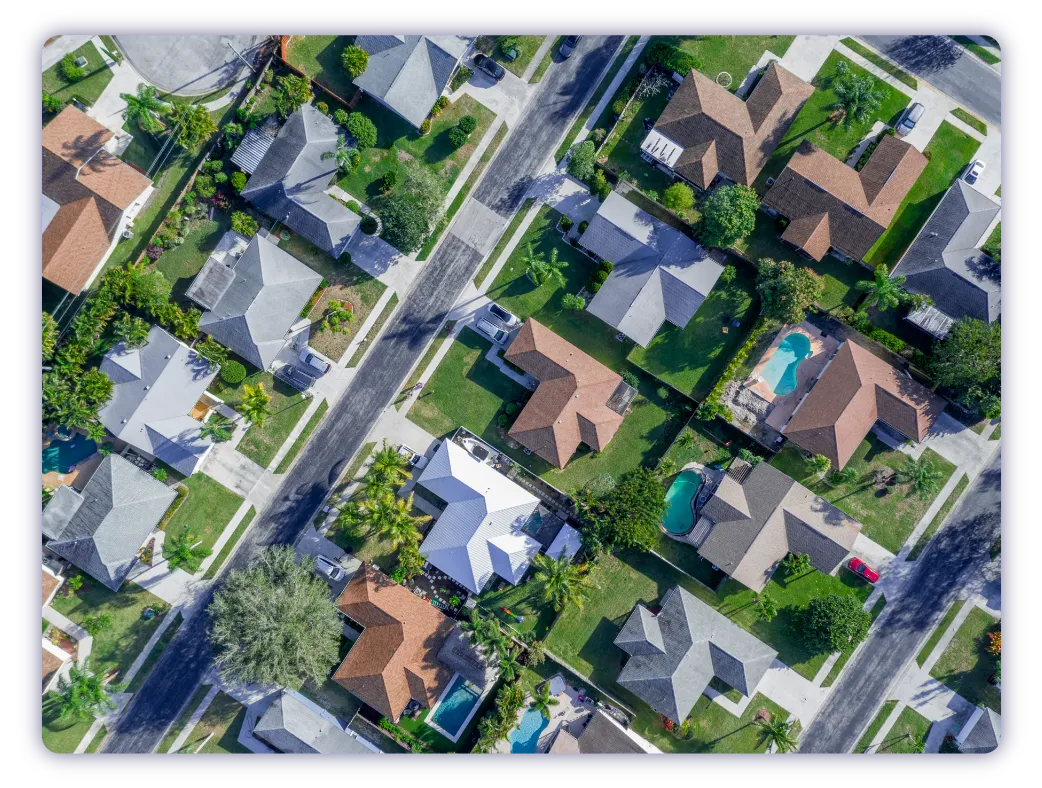


Niagara Falls is an increasingly popular city to live in, and its real estate market has experienced notable fluctuations in recent years. Despite these ups and downs, Niagara Falls remains one of the most desirable places to live in Canada, thanks to its vibrant tourism industry, beautiful natural scenery, and proximity to both Toronto and the U.S. border. The average price for a detached home in Niagara Falls is currently around $600,000, while condo prices start at approximately $350,000. The market has seen steady growth recently, with prices still above the national average.
Despite the higher prices, Niagara Falls' real estate market continues to attract both local and international investors. The city's population is steadily growing, and there is ongoing demand for housing, particularly from those seeking a blend of urban amenities and natural surroundings. This combination of factors makes Niagara Falls an attractive location for real estate investment.
Property Use in Niagara Falls
If you are buying a property to live in Niagara Falls as a primary residence, also known as a principal residence, you are eligible for the lowest mortgage rates. However, depending on how you intend to use your Niagara Falls property, some lenders may apply a higher rate if the property is used as a rental investment. While Niagara Falls has a significant number of primary residences, there has been an increasing demand for rental properties, and mortgage lenders may assess whether the property is intended for short-term or long-term rental use.
Our Mortgage Brokers work with a variety of lenders offering specialized investment rental mortgage financing options. These include owner-occupied, mixed-use, or semi-commercial properties. In some cases, properties with an in-law suite may qualify for both owner-occupied and rental mortgage approval while still securing the best mortgage rates. Whether you are purchasing, refinancing, or renewing a mortgage on a Niagara Falls student rental or a multi-plex property that generates income, we can still guarantee the lowest mortgage rates.
The Canada Mortgage and Housing Corporation (CMHC) allows the purchase of owner-occupied Niagara Falls properties with up to 2 units at a 95% loan-to-value, and up to 4 units at a 90% loan-to-value.
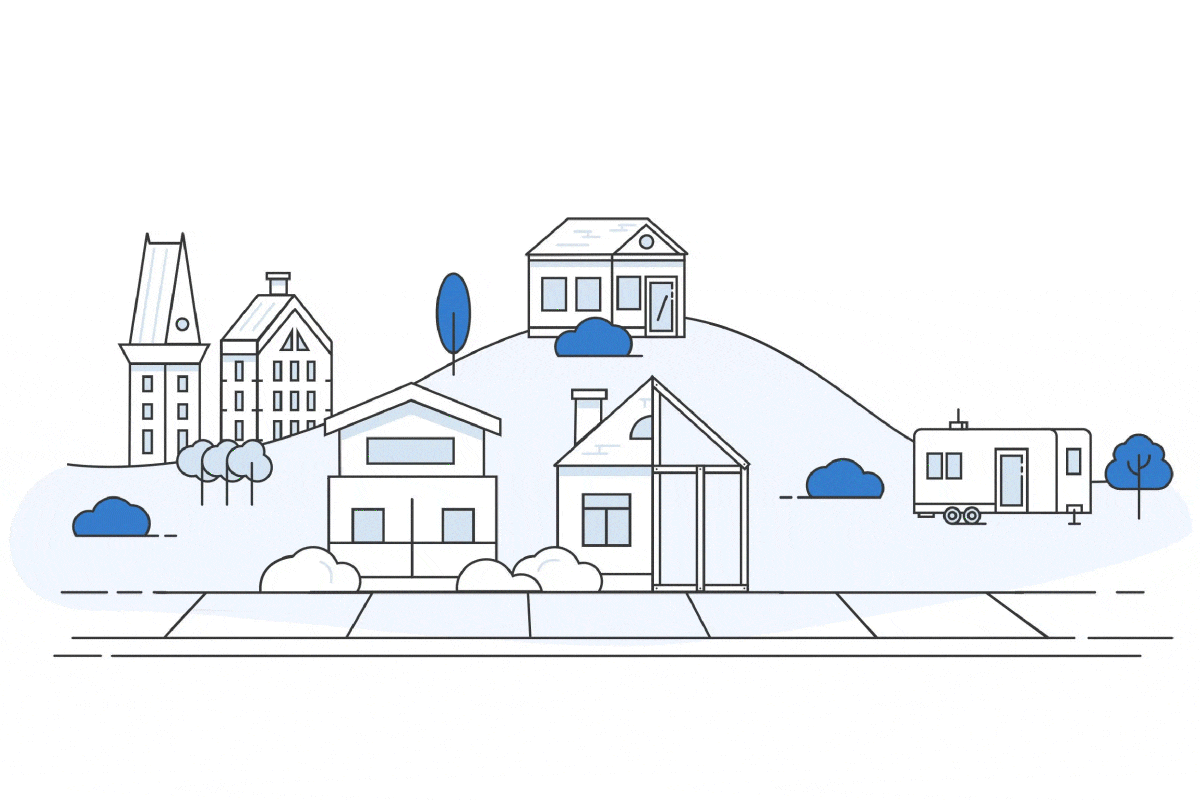
Best Mortgage Banks, Lenders in Niagara Falls, Ontario
Rateshop.ca works with all banks, credit unions, and monoline lenders across Canada. With access to a wide range of options, our mortgage brokers focus on helping you find the best mortgage lender in Niagara Falls with the lowest available rate. We do this by evaluating lenders with current promotions in Niagara Falls. Each lender may have their own internal financing process when it comes to properties in Niagara Falls.
Lenders such as TD Bank, Scotiabank, Meridian Credit Union, Duca Credit Union, and others may have local branches near you in Niagara Falls. However, sometimes using a local branch may result in slightly higher rates. In many cases, lenders like First National, MCAP, RMG, ICICI, CMLS, Equitable Bank, and others offer similar services online, even if they don’t have a physical location in Niagara Falls. Some mortgage lenders may also offer additional incentives for local customers from Niagara Falls when applying for a mortgage.
Mortgage Programs Offered in Niagara Falls
When buying a property in Niagara Falls, your downpayment plays a key role in determining your eligibility for insured, insurable, or uninsured mortgage programs.
Insured Mortgages in Niagara Falls start with a minimum 5% downpayment requirement up to a maximum purchase price of $500,000. For properties above $500,000 and up to $1,000,000, a 10% downpayment is required for the difference between the purchase price and $500,000, in addition to the initial 5%. The maximum allowed GDS ratio is 39%, and the maximum allowed TDS ratio is 44%. The insurance premium for default protection is added to the mortgage amount, and amortization is limited to 25 years. These mortgages generally offer the lowest rates due to the lender’s reduced exposure to risk.
Insurable Mortgages for properties in Niagara Falls are available through various banks, credit unions, and monoline lenders. These mortgages, also known as back-end insured mortgages, typically qualify under a 25-year amortization, with a GDS ratio of 39% and a TDS ratio of 44%. The minimum downpayment for this program is 20%, and the greater the downpayment, the better the rate you can secure.
Uninsured Mortgages in Niagara Falls offer a longer amortization period of up to 30 years, requiring a minimum 20% downpayment. The rates for uninsured mortgages tend to be higher compared to insured or insurable options due to the lender’s greater risk. Refinances are generally treated as uninsured. Most lenders only offer home equity line of credit products under this program.
For Mortgage Renewals, properties in Niagara Falls may qualify for a lower renewal rate if you have a low loan-to-value ratio, an active default insurance policy, and have not modified the amortization on your mortgage since the initial purchase.
To ensure you qualify for the best mortgage product and the lowest available rates, contact our knowledgeable mortgage brokers.

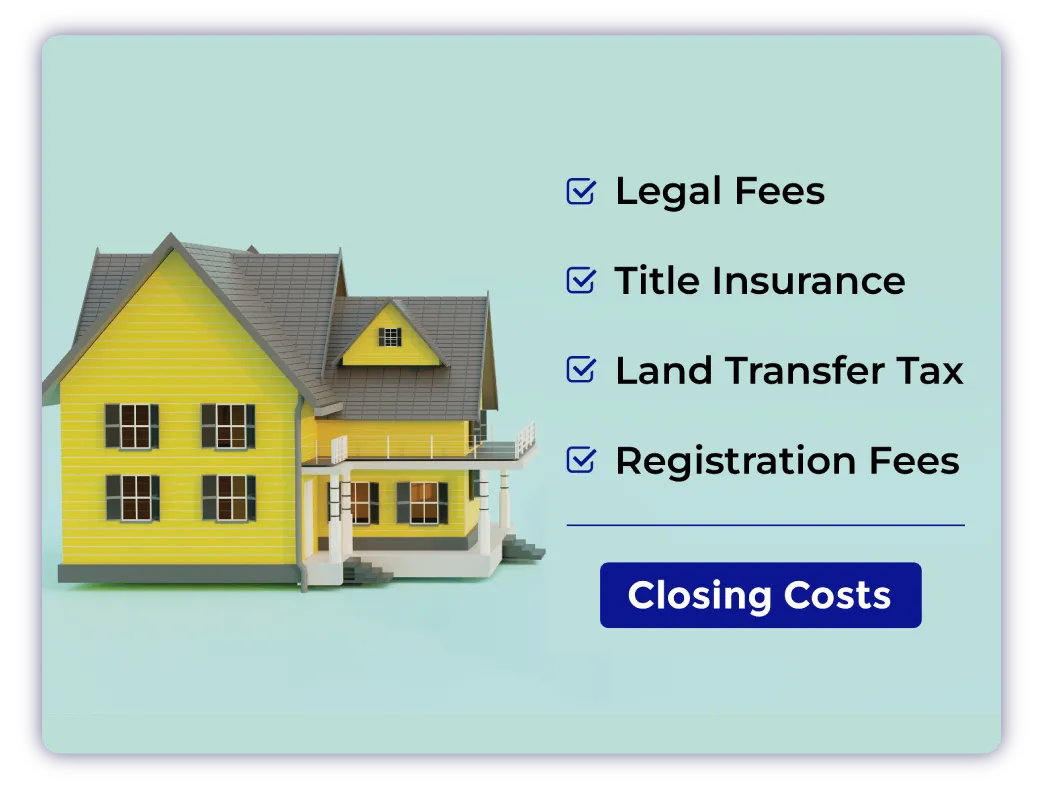

Closing Costs in Niagara Falls, Ontario
For any property purchases in Niagara Falls, you will be required to hire a local Niagara Falls lawyer to complete the closing. The solicitor’s job is to prepare the closing documents according to Ontario laws, complete the mortgage registration on the property, and register the title under your ownership.
The lawyer will perform a title search in the Niagara Falls land registry, arrange for title insurance, and remit any applicable taxes, including the Ontario Land Transfer Tax. The lawyer is also responsible for communicating with the City of Niagara Falls to confirm the status of the property taxes. Additionally, the lawyer will complete any conditions requested by the mortgage lenders and disburse any brokerage commissions involved in the transaction.
A combination of legal fees, land transfer taxes, and registration & title insurance fees are known as closing costs, which are typically applicable to purchases. However, in the case of refinances, land transfer taxes may not apply if there are no changes to the title.
Secure Your Dream Home in Niagara Falls: Find the Best Mortgage Rates and Expert Guidance with RateShop
Impact to My Home Buyers in Niagara Falls, Canada
For home buyers in Niagara Falls, fluctuations in interest rates for Canada and Canada mortgage lending rates can significantly impact affordability and purchasing power. Rising rates may reduce the amount you qualify for, making it essential to work with a mortgage broker who can help you navigate these changes. Whether you’re a first-time buyer or looking to upgrade, understanding how mortgage rates and Canada trends affect your budget is crucial.
With home loan rates in Canada on the rise, buyers may need to adjust their expectations or explore alternative options like brokered mortgage loans to secure the best mortgage rates in Canada. A mortgage brokerage can help you compare current mortgage rates in Niagara Falls to ensure you’re getting the most competitive deal for your situation.
How It Affects Fixed and Variable Rates
The choice between fixed and variable mortgage rates is a critical decision for Niagara Falls home buyers. Fixed rates provide stability, locking in your interest rate for Canada for a set term, which is ideal for budgeting in a rising rate environment. On the other hand, variable rates fluctuate with the market, potentially offering lower initial rates but with the risk of increases over time.
With Canada low mortgage rates becoming harder to secure, it’s important to weigh the pros and cons of each option. A mortgage broker can help you analyse trends in mortgage rates and Canada to determine whether a fixed or variable rate aligns with your financial goals. For example, if you’re looking for the best mortgage rates Canada 5-year fixed, a broker can guide you toward lenders offering the most competitive terms.
Qualification Process
Qualifying for a mortgage in Niagara Falls involves several steps, and understanding the process can make it smoother. Lenders will evaluate your income, credit score, debt-to-income ratio, and down payment amount to determine your eligibility. Working with a mortgage broker can simplify this process, as they have access to a wide network of lenders and can help you find the best mortgage deals in Canada.
Getting preapproved for a mortgage is a smart first step. A mortgage loan pre-approval not only gives you a clear idea of your budget but also strengthens your position as a serious buyer. Brokers can also help you explore options like refinancing a mortgage loan or securing a homeowner line of credit if you’re looking to leverage your home’s equity.
Considerations in Finding the Best Mortgage Rate
Finding the best mortgage rates in Canada requires careful consideration of several factors. Here’s what to keep in mind:
Compare Lenders: Don’t settle for the first offer. Use a mortgage brokerage to compare mortgage rates and Canada options from over 65 lenders, including banks, credit unions, and monoline lenders.
Understand Your Needs: Are you looking for the best mortgage rates Niagara Falls -specific rates? Your location and financial goals will influence the best product for you.
Explore Flexibility: Look for features like pre-payment privileges or the ability to refinance your mortgage if needed.
Work with a Broker: A mortgage broker can help you navigate the complexities of Canada mortgage lending rates and find the lowest Canadian mortgage rate for your situation.
Whether you’re seeking the best mortgage rates in Niagara Falls, a broker can help you secure a deal that aligns with your long-term financial goals.
Frequently Asked Questions about Mortgages in Niagara Falls
How to improve your finances with the help of a mortgage?
Consolidate Debt - helps lower your overall interest rate and reduce your monthly payments.
Tax Benefits
Invest in real estate
Use a mortgage to improve your home to increase the value and potentially earn a higher return on investment if you sell it later.
What kind of mortgages are offered in Canada?
Open Mortgage
Closed Mortgage
HELOC (Home Equity Line of Credit)
Reverse Mortgage
Conventional Mortgage
Convertible Mortgage
ARM (Adjustable-Rate Mortgage) or VRM (Variable Rate Mortgage)?
Variable mortgage your mortgage payment amount always remains the same it does not change even if the prime lending rate changes. While adjustable rate mortgage, the amount of your payment changes depending on the prime lending rate.
What mortgage rates are available?
Variable Rates
Fixed Rates
Adjustable Rates
What are today's Best Mortgage Rates?
4.29% - 5 year fixed
5.45% - 5 year variable
You can work with a Rateshop.ca Mortgage Advisors to help you compare options from multiple lenders and find the best mortgage for your needs. It's important to consider not only the interest rate, but also other factors such as the term of the loan, any fees or penalties, the lender's reputation and customer service.
What is a downpayment or Equity?
Downpayment is a payment made by the purchaser when buying a property which means the purchaser's initial investment in purchasing a property. While Equity is the value of your house minus the mortgage amount.
What's included in closing costs?
Closing cost is typically 1.5% of your purchase price. This includes but are not limited to
Land Transfer Tax
Lawyer and Legal Fees
Title Insurance
Mortgage Broker Fee
Property Insurance
What is Mortgage Insurance?
Mortgage insurance is an insurance that protects the mortgage lender or title holder if the borrower fails to make payments, dies, or is otherwise unable to meet the mortgage's terms and conditions.
Everything You Need to Know About Mortgages, Refinancing, and Finding the Best Rates
Portable or Transferable Mortgages
A portable mortgage allows you to transfer your existing mortgage from your current home to a new property while retaining the same terms and interest rates for Canada. This can save you from penalties and help you secure the best mortgage rates in Canada without reapplying.
Standard vs. Collateral Mortgages
Understanding the difference between a standard mortgage and a collateral mortgage is crucial. A standard mortgage uses the purchased property as collateral, while a collateral mortgage includes additional properties, offering flexibility to access more funds. However, collateral mortgages may have higher penalties and are harder to transfer to new lenders.
Steps in a Mortgage Closing
Pre-Qualification: Assess your financial situation to determine how much you can borrow.
Approval: Receive a mortgage offer outlining the terms, including Canada mortgage lending rates.
Conditions & Appraisals: Complete lender conditions and property appraisals.
Solicitor Instructions: Your solicitor receives instructions from the lender.
Signing: Review and sign the mortgage agreement and other legal documents.
Funding: The loan is funded, and the property purchase is complete.
Qualification Criteria
To qualify for a mortgage in Canada, lenders evaluate your income, credit score, and ability to pass the stress test.
Income
Lenders assess your gross debt service (GDS) and total debt service (TDS) ratios, which should not exceed 39% and 44%, respectively. Stable income from salaried jobs is preferred, but self-employed individuals can still qualify with the help of a mortgage broker.
Credit
Your credit score, provided by Equifax or TransUnion, reflects your financial reliability. A higher score can secure you the best mortgage loan rates in Canada.
Stress Test
The mortgage stress test ensures you can afford payments if interest rates for Canada rise. You must qualify at a rate 2% higher than your contract rate or the Bank of Canada’s benchmark rate.
Pitfalls of a Bad Mortgage
Avoid these common pitfalls:
Hidden Fees: Always read the fine print.
High Interest Rates: Compare mortgage rates and Canada to find the best deal.
Prepayment Penalties: Understand the costs of breaking your mortgage early.
Hefty Penalties
Breaking your mortgage early can result in significant penalties, including:
Prepayment Penalties: Charged for paying off your mortgage early.
Discharge Fees: Fees to release your mortgage from the property.
Refinance Restrictions
Refinancing in Canada comes with restrictions:
Maximum LTV: You can borrow up to 80% of your home’s appraised value.
Credit Score: A minimum score of 620 is required.
Income Verification: Lenders will reassess your income.
Appraisal Costs: You’ll need to pay for a property appraisal.
As Seen And heard on



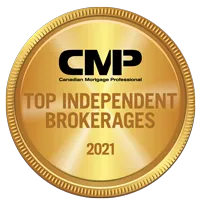

Quick Links
Calculators
Contact Information
6 Indell Lane, Brampton ON
L6T 3Y3, Canada
Local: 416-827-2626
Toll: 800-725-9946
RateShop Inc. is a Mortgage Brokerage offering lowest mortgage rates to Canadians. We are provincially licensed in the following provinces: Mortgage Brokerage Ontario FSRA #12733, British Columbia BCFSA #MB600776, Alberta RECA #00523056P, Saskatchewan FCAA #00511126, PEI #160622, New Brunswick FCNB #88426, Newfoundland/Labrador.
Copyright 2026. RateShop Canada. All Rights Reserved.

